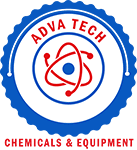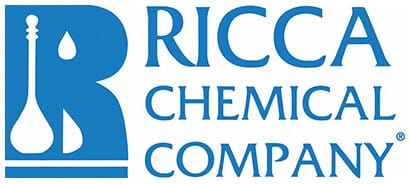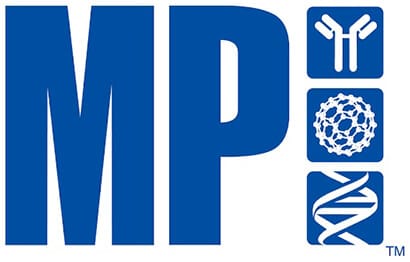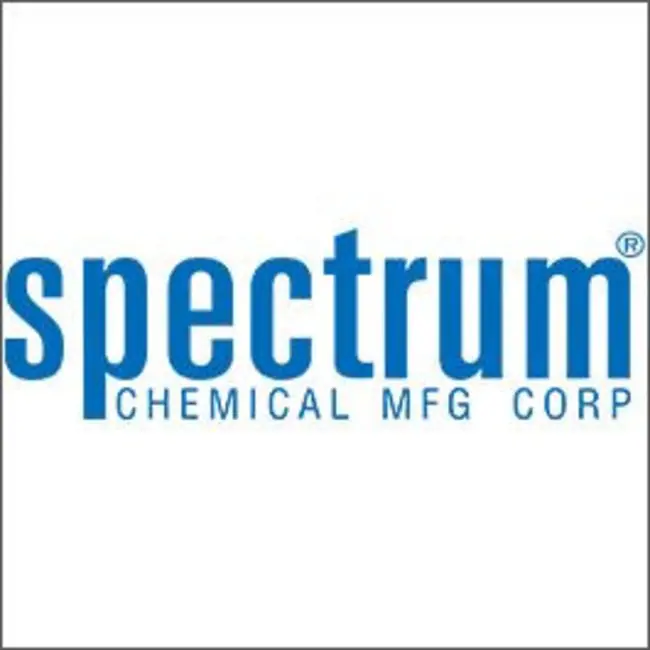Ambient
Showing 108551–108600 of 141308 results
-
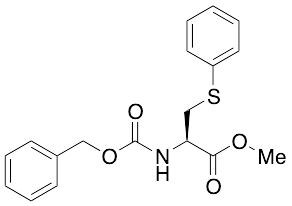
N-Carbobenzoxy-S-phenyl-L-cysteine Methyl Ester
$2,083.80 Add to cart View Product DetailsMolecular Formula : C18H19NO4S
-
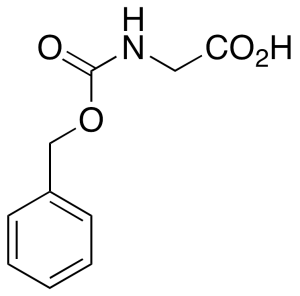
N-Carbobenzoxyglycine
$56.06 Add to cart View Product DetailsMolecular Formula : C10H11NO4
-

N-Carbobenzoxyglycine
$72.45 Add to cart View Product DetailsMolecular Formula : C10H11NO4
-

N-Carbobenzoxyglycine
$109.54 Add to cart View Product DetailsMolecular Formula : C10H11NO4
-

N-Carbobenzoxyglycine-13C2,15N
$171.64 Add to cart View Product DetailsMolecular Formula : C813C2H1115NO4
-

N-Carbobenzoxyglycine-13C2,15N
$1,325.66 Add to cart View Product DetailsMolecular Formula : C813C2H1115NO4
-
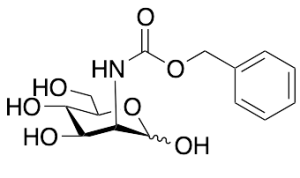
N-Carbobenzyloxy Mannosamine
$132.83 Add to cart View Product DetailsMolecular Formula : C14 H19 N O7
-

N-Carbobenzyloxy Mannosamine
$1,023.79 Add to cart View Product DetailsMolecular Formula : C14 H19 N O7
-
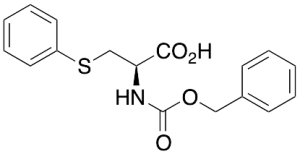
N-Carbobenzyloxy-3-phenylthio-L-alanine
$62.10 Add to cart View Product DetailsMolecular Formula : C17 H17 N O4 S
-

N-Carbobenzyloxy-3-phenylthio-L-alanine
$78.49 Add to cart View Product DetailsMolecular Formula : C17 H17 N O4 S
-

N-Carbobenzyloxy-3-phenylthio-L-alanine
$106.09 Add to cart View Product DetailsMolecular Formula : C17 H17 N O4 S
-
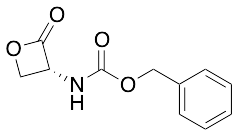
N-Carbobenzyloxy-D-serine-Beta-lactone
$56.06 Add to cart View Product DetailsMolecular Formula : C11 H11 N O4
-

N-Carbobenzyloxy-D-serine-Beta-lactone
$112.99 Add to cart View Product DetailsMolecular Formula : C11 H11 N O4
-

N-Carbobenzyloxy-D-serine-Beta-lactone
$380.36 Add to cart View Product DetailsMolecular Formula : C11 H11 N O4
-
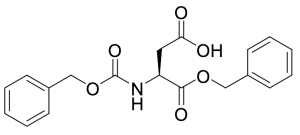
N-Carbobenzyloxy-L-aspartic Acid 1-Benzyl Ester
$50.89 Add to cart View Product DetailsMolecular Formula : C19 H19 N O6
-

N-Carbobenzyloxy-L-aspartic Acid 1-Benzyl Ester
$88.84 Add to cart View Product DetailsMolecular Formula : C19 H19 N O6
-

N-Carbobenzyloxy-L-aspartic Acid 1-Benzyl Ester
$100.91 Add to cart View Product DetailsMolecular Formula : C19 H19 N O6
-
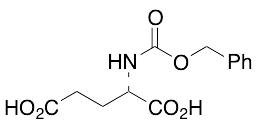
N-Carbobenzyloxy-L-glutamic Acid
$62.10 Add to cart View Product DetailsMolecular Formula : C13 H15 N O6
-

N-Carbobenzyloxy-L-glutamic Acid
$67.28 Add to cart View Product DetailsMolecular Formula : C13 H15 N O6
-

N-Carbobenzyloxy-L-glutamic Acid
$78.49 Add to cart View Product DetailsMolecular Formula : C13 H15 N O6
-
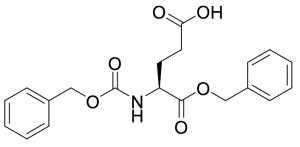
N-Carbobenzyloxy-L-glutamic Acid O-Benzyl Ester
$62.10 Add to cart View Product DetailsMolecular Formula : C20H21NO6
-

N-Carbobenzyloxy-L-glutamic Acid O-Benzyl Ester
$119.89 Add to cart View Product DetailsMolecular Formula : C20H21NO6
-
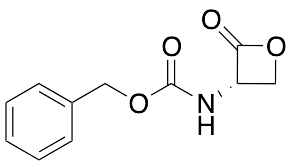
N-Carbobenzyloxy-L-serine b-Lactone
$331.20 Add to cart View Product DetailsMolecular Formula : C11 H11 N O4
-

N-Carbobenzyloxy-L-serine b-Lactone
$1,567.16 Add to cart View Product DetailsMolecular Formula : C11 H11 N O4
-
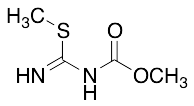
N-Carbomethoxy-S-methylisothiourea
$248.40 Add to cart View Product DetailsMolecular Formula : C4H8N2O2S
-

N-Carbomethoxy-S-methylisothiourea
$463.16 Add to cart View Product DetailsMolecular Formula : C4H8N2O2S
-

N-Carbomethoxy-S-methylisothiourea
$897.00 Add to cart View Product DetailsMolecular Formula : C4H8N2O2S
-
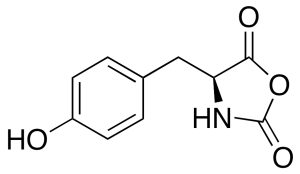
N-Carbonyl-L-Tyrosine Anhydride
$171.64 Add to cart View Product DetailsMolecular Formula : C10H9NO4
-

N-Carbonyl-L-Tyrosine Anhydride
$1,323.94 Add to cart View Product DetailsMolecular Formula : C10H9NO4
-
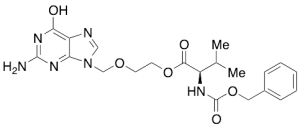
N-Carboxybenzyl D-Valacyclovir
$143.18 Add to cart View Product DetailsMolecular Formula : C21 H26 N6 O6
-

N-Carboxybenzyl D-Valacyclovir
$660.68 Add to cart View Product DetailsMolecular Formula : C21 H26 N6 O6
-

N-Carboxybenzyl D-Valacyclovir
$1,156.61 Add to cart View Product DetailsMolecular Formula : C21 H26 N6 O6
-
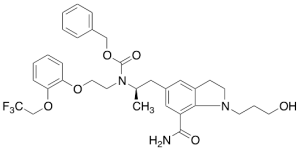
N-Carboxybenzyl Silodosin
$67.28 Add to cart View Product DetailsMolecular Formula : C33 H38 F3 N3 O6
-

N-Carboxybenzyl Silodosin
$132.83 Add to cart View Product DetailsMolecular Formula : C33 H38 F3 N3 O6
-

N-Carboxybenzyl Silodosin
$237.19 Add to cart View Product DetailsMolecular Formula : C33 H38 F3 N3 O6
-
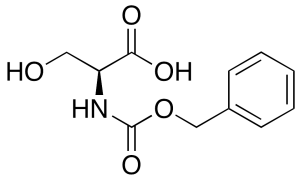
N-Carboxybenzyl-L-serine
$56.06 Add to cart View Product DetailsMolecular Formula : C11H13NO5
-

N-Carboxybenzyl-L-serine
$88.84 Add to cart View Product DetailsMolecular Formula : C11H13NO5
-

N-Carboxybenzyl-L-serine
$103.50 Add to cart View Product DetailsMolecular Formula : C11H13NO5
-

N-Carboxymethyl Lisinopril Ammonium Salt
$94.01 Add to cart View Product DetailsMolecular Formula : C23H33N3O7 •NH3
-

N-Carboxymethyl Lisinopril Ammonium Salt
$166.46 Add to cart View Product DetailsMolecular Formula : C23H33N3O7 •NH3
-

N-Carboxymethyl Lisinopril Ammonium Salt
$319.99 Add to cart View Product DetailsMolecular Formula : C23H33N3O7 •NH3
-

N-CBZ-1,4-Diaminobutane HCl
$83.66 Add to cart View Product DetailsMolecular Formula : C12 H18 N2 O2 . Cl H
-
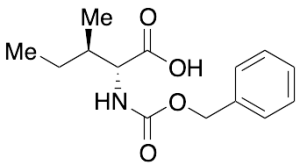
N-Cbz-D-isoleucine
$196.65 Add to cart View Product DetailsMolecular Formula : C14 H19 N O4
-

N-Cbz-D-isoleucine
$851.29 Add to cart View Product DetailsMolecular Formula : C14 H19 N O4
-

N-Cbz-D-isoleucine
$1,564.58 Add to cart View Product DetailsMolecular Formula : C14 H19 N O4
-

N-Cbz-D-methionine
$132.83 Add to cart View Product DetailsMolecular Formula : C13H17NO4S
-

N-Cbz-D-methionine
$384.68 Add to cart View Product DetailsMolecular Formula : C13H17NO4S
-
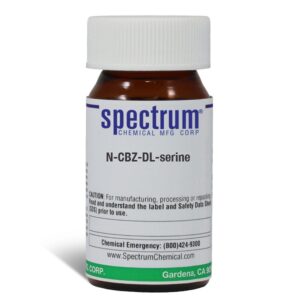
N-CBZ-DL-serine
$118.76 Add to cart View Product DetailsN-CBZ-DL-serine
-
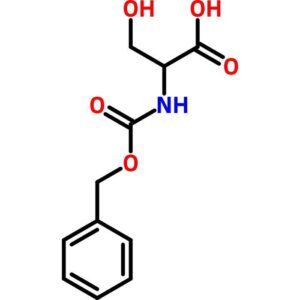
N-CBZ-DL-serine
$460.21 Add to cart View Product DetailsN-CBZ-DL-serine
-
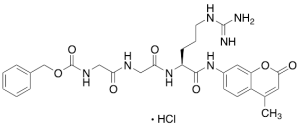
N-CBZ-Glycyl-glycyl-L-arginine 7-Amido-4-methylcoumarin Hydrochloride
$50.89 Add to cart View Product DetailsMolecular Formula : C28H33N7O7 . HCl
